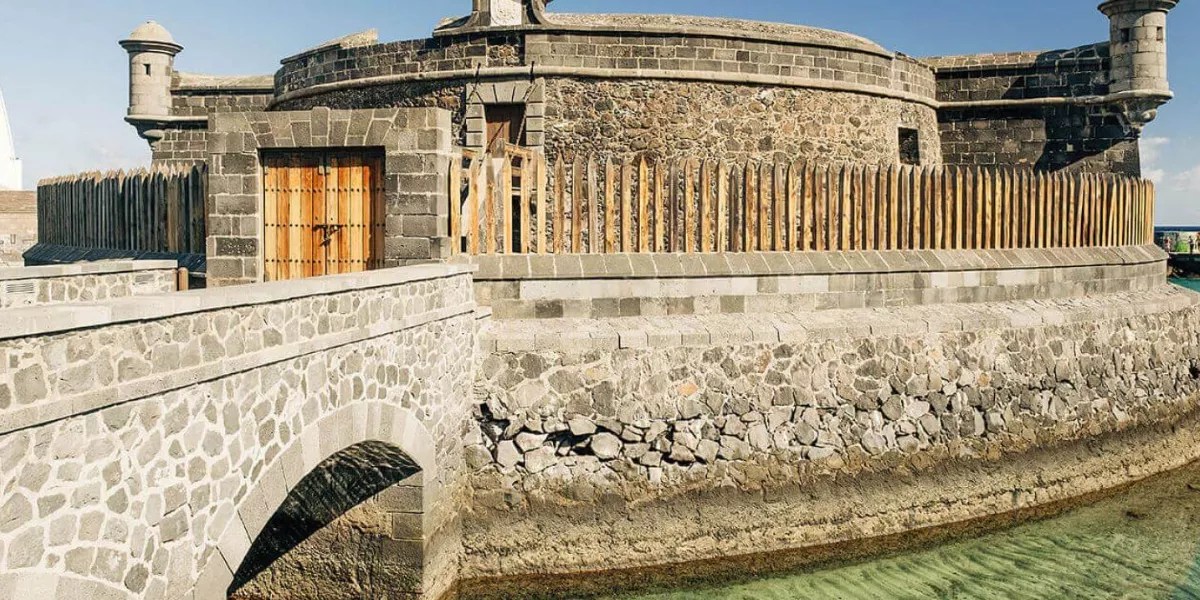We have a new mayor in La Guancha, in the north of Tenerife, and it is not the one the recently resigned leader intended. Antonio Hernández (PP) announced on 27th May that he was stepping down from the leadership after ten years in the position (in the last two terms, with the support of the PSOE, which might surprise at other levels). He did so for personal reasons never explained, though rumours and speculations have circulated in the municipality, and intended to be replaced by his second deputy mayor, fellow conservative Lorena Socas, but there was an X in the equation that was unclear and eventually swung in favour of CC after a decade in opposition, returning the mayoralty and government to them.
To bring about the change Hernández sought in the session convened for this Tuesday morning, with a half-filled hall (which was surprising), all PP councillors needed to gather their votes for the lone Socialist representative and first deputy mayor, María José García, in favour of the chosen candidate. However, this did not add up if the councillor dismissed at the end of February by the mayor, her party colleague María Auxiliadora Marrero, chose to “take revenge” with a simple yes vote for CC’s candidate, Alejandro Herrera, who tied at six seats in May 2023 with the conservatives. And here we are, with Nemesis, the goddess of revenge in Greek mythology, appearing this morning in this cold but intense town, charming and with excellent views of Teide from the midlands of northern Tenerife, although it has a coast and low-lying neighbourhoods.
CC regains a mayoralty lost in 2015 after the then-surprising (from an outside view) pact of PP (five councillors) and PSOE (two) that made Hernández mayor. The young nurse Herrera becomes mayor when it seemed increasingly likely that he did not even want to run again as a nationalist candidate in 2027, and he hinted at as much during his speech, now with the staff of office by his side.
Thus, the political board in La Guancha returns to being paradoxical and dystopian when considering the national situation, with a PP calling the PSOE “mafia,” a CC co-governing with the conservatives in the regional executive and the Tenerife Cabildo, as well as numerous other municipalities in the Islands, and a local Socialist councillor who, like her party at one time in La Palma, now in Arico or until recently in Granadilla, is left staring into space after backing the PP, which in municipalities like the latter or in Arona has ended up co-managing with CC and the far-right Vox. Indeed, as Pedro Sánchez admitted whenever he visited La Palma during the past term’s volcanic eruption, politics in the Canary Islands is very strange and difficult to explain elsewhere, though La Guancha’s politics today twists that assertion a bit more.
From the moment it was voted whether today’s selection was to be nominal, by show of hands or secret, the key councillor was alongside the nationalists, who chose the last option. The count confirmed the government’s shift with some PP leaders present and accepting this loss of a mayoralty, like the former Güímar mayor Luisi Castro or the island councillor Manuel Fernández. Just in case, Herrera had prepared two speeches, but ultimately read the one as the new mayor of La Guancha.
The move seemed obvious. Hernández dismissed councillor Marrero for loss of confidence after 18 months of absence due to temporary leave, remaining in the popular group but without responsibilities and without returning to the plenary hall since then, so she couldn’t even move to the mixed group and avoid being accused of defection from now and the PP may take that route to try to reverse what happened today. Therefore, even an average student with a few years from this town, known for its educational prestige due to its reputable institute, could predict, fear, suspect, or sense that the aggrieved councillor might appear at today’s session, which started at 9:00 am, and shake up local politics until the next elections. It doesn’t take a degree or going to Harvard to foresee such a scenario since CC only needed simple support to return to government.
Resignation with many facets and interpretations
Hence, few understand Hernández’s resignation and the PP’s forced position into this conundrum with so many risks unless, fundamentally and somewhat twistedly, it was what Hernández and part of a local party seeking to return to power 2027 despite possibly needing support from an increasingly thin and unrecognizable PSOE compared to those overwhelming or very solid majorities of José Bernardo Grillo’s era (1979 to 1999), which later led to various solo governments by CC, mainly under Elena Luis, a former regional deputy who was sidelined by Fernando Clavijo in the 2019 electoral list despite being key in drafting and passing the new Social Services law.
The truth is that today’s vote, with 7 votes for Herrera and 6 for Socas, has politically shifted a municipality that has gone through mayors or mayoresses (the other was Araceli Socas, from CC, from January 2015 to May of that year after Luis’s resignation) of the three main parties in the Canary Islands: PSOE, then CC with two women, Hernández’s PP, and now since this morning, the nationalists again, though now with a male leader.
It is also true that since the mayor’s resignation on 27th May, rumours and criticisms (even anonymous writings that have widely circulated in the town in recent weeks about Hernández’s true reasons, regarding whether he didn’t feel supported by other administrations or his party, as well as management that, while he defends, others consider simply “awful”). This has been heating and preparing the atmosphere until this morning’s shift which, while surprising from outside and revolutionising local management, hasn’t overly startled many well-informed residents. The interventions of the PP and the PSOE councillor in today’s session dispute that view, but CC’s bolstered it.















